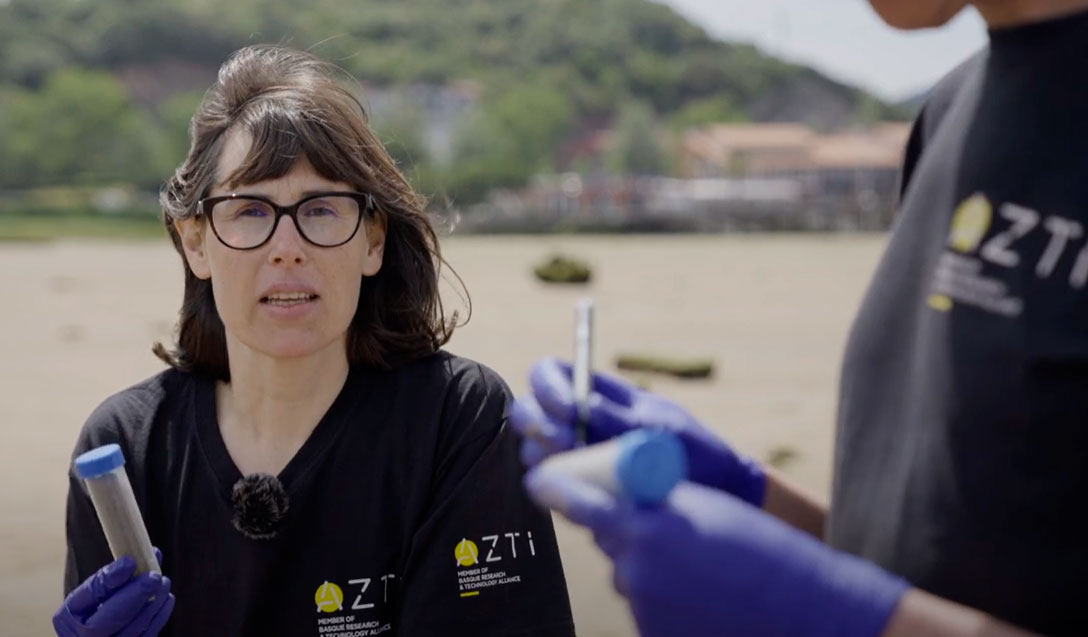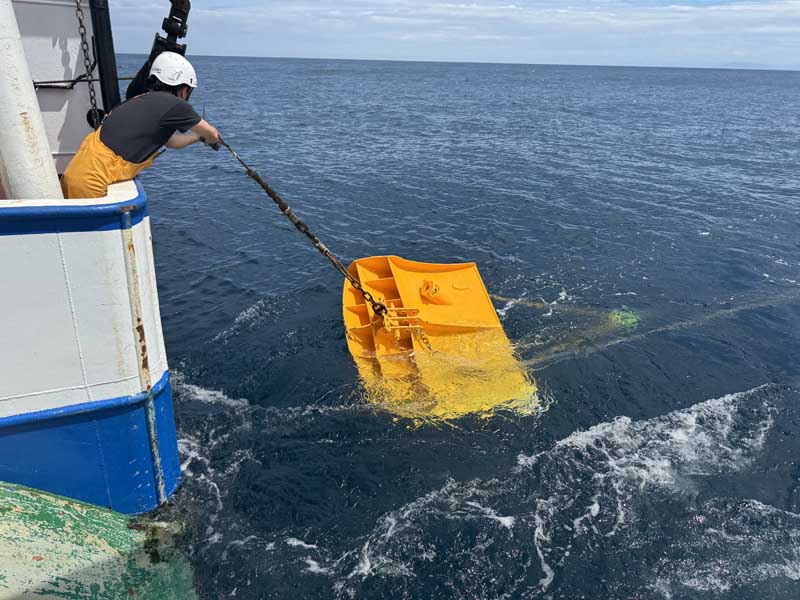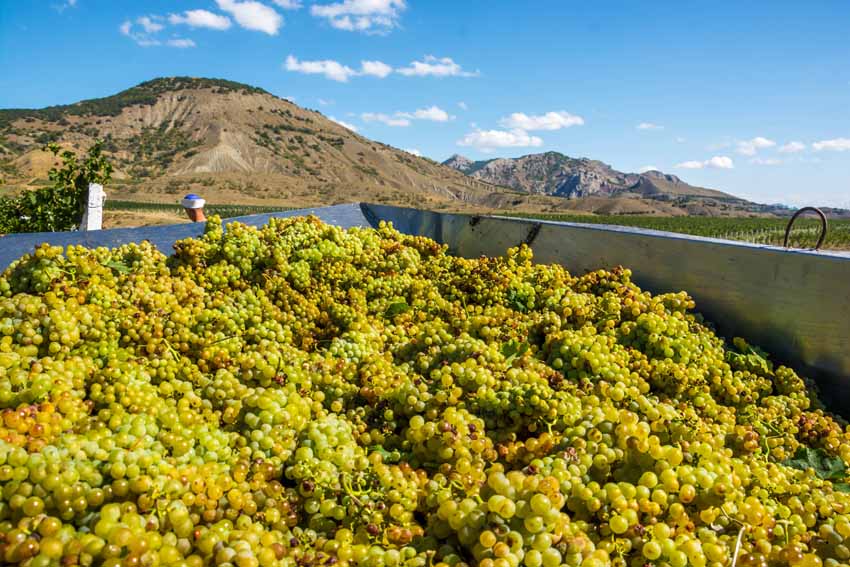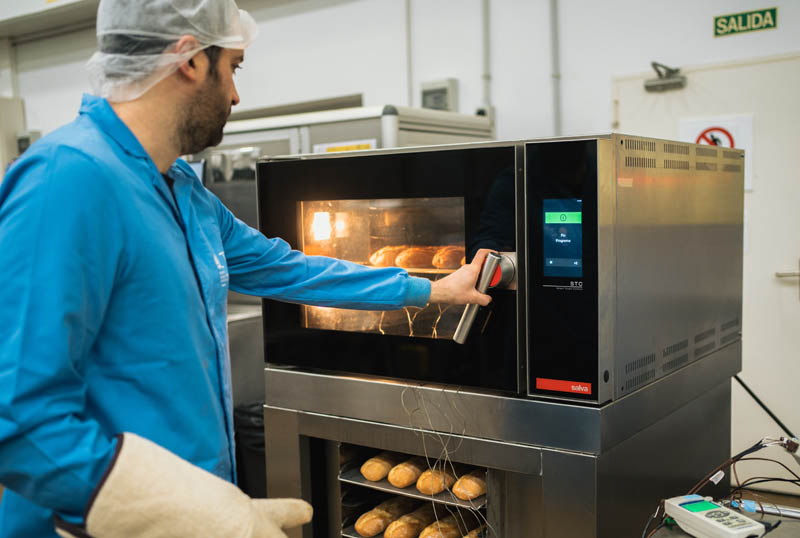Nuevo doctor: Igor Granado
Últimas noticias
Microbios que hablan: lo que el ADN ambiental nos cuenta de los estuarios
Campaña Selectividad 2025: innovación para un arrastre más responsable
AZTI recibe el premio Bai Euskarari Saria 2025
Igor Granado defendió, el pasado 11 de diciembre, su tesis doctoral titulada “Solving Fishing Routing Problems with Metaheuristics”. La defensa tuvo lugar en la facultad de Informática de la UPV/EHU, y la tesis ha sido dirigida por Josean Fernandes como tutor en AZTI, y Leticia Hernando como tutora de la UPV/EHU.
La tesis obtuvo la calificación de Sobresaliente por unanimidad, mención Cum Laude y con opción a premio extraordinario.
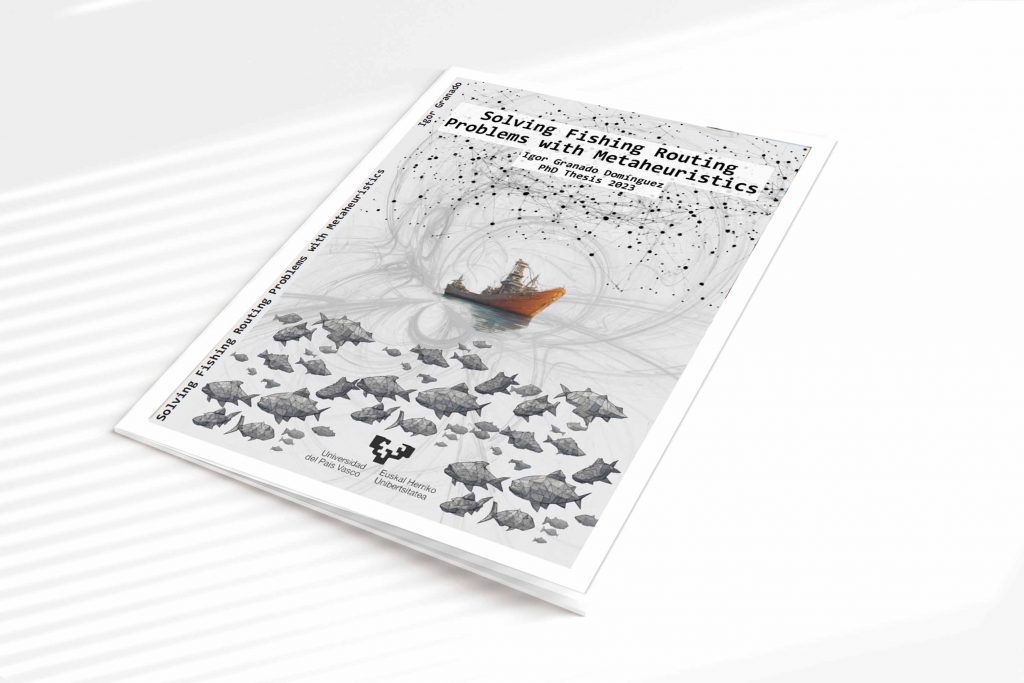
Resumen de la tesis (en inglés):
The current climate change crisis, coupled with fuel price volatility, and the loss of efficiency in the fishing industry, is jeopardising the sustainability of the fishing sector. One potential approach to tackle such challenges is to explore novel methods for planning their fishing routes. This dissertation proposed the formulation of two novel fishing routing problems based on real needs of the fisheries sector. The first problem focuses on the dynamic fishing routing problem of a tuna purse seiner, while the second problem expands the previous one by considering multiple vessels and the deployment of new drifting fish aggregation devices (dFADs). To solve these problems, two metaheuristics are proposed. The first algorithm, designed to solve the single vessel routing problem, couples a genetic algorithm (GA) with a time-dependent A* algorithm, known as GA-TDA*. For the multiple vessel routing problem, a multi-objective greedy randomized adaptive search procedure (MO-GRASP) algorithm is proposed. Computational experiments conducted on historical data prove the feasibility of applying metaheuristics algorithms in a real context and explore the benefits of routing methods to improve the sustainability and feasibility of the fisheries sector.
